Summary
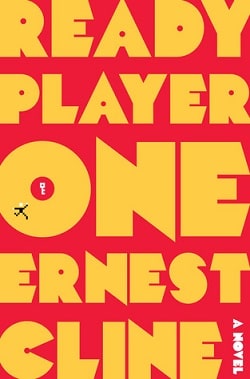
Ready Player One
by Ernest Cline
IN THE YEAR 2044, reality is an ugly place. The only time teenage Wade Watts really feels alive is when he's jacked into the virtual utopia known as the OASIS. Wade's devoted his life to studying the puzzles hidden within this world's digital confines, puzzles that are based on their creator's obsession with the pop culture of decades past and that promise massive power and fortune to whoever can unlock them.
But when Wade stumbles upon the first clue, he finds himself beset by players willing to kill to take this ultimate prize. The race is on, and if Wade's going to survive, he'll have to win—and confront the real world he's always been so desperate to escape.
.
Read
Ready Player One on http://kissnovel.net
Martial Peak Reviews
Ready Player One by Ernest Cline is a thrilling dive into a dystopian future where reality is bleak, and the only escape lies within the confines of a virtual universe known as the OASIS. Set in the year 2044, the novel introduces us to Wade Watts, a teenager who, like many others, finds solace in this digital utopia. The OASIS is not just a game; it is a lifeline, a world where players can be whoever they want to be, free from the harshness of their real lives. However, the story quickly evolves from a simple quest for escapism into a high-stakes race for power and survival.
The premise of the book revolves around the late James Halliday, the eccentric creator of the OASIS, who has left behind a series of puzzles and challenges that lead to his vast fortune and control of the virtual world. Halliday's obsession with 1980s pop culture serves as a nostalgic backdrop, and Cline expertly weaves in references to video games, movies, music, and even literature from that era. This nostalgia is not merely for the sake of it; it plays a crucial role in shaping the characters and their motivations. For Wade, the hunt for Halliday's Easter egg is not just about wealth; it represents a chance to escape his grim reality and find a sense of belonging.
One of the most compelling aspects of Ready Player One is its exploration of identity and the duality of existence in both the real and virtual worlds. Wade, who adopts the avatar name Parzival, embodies the struggles of many young people today—feeling disconnected from reality while simultaneously seeking validation and purpose in online spaces. Cline captures this dichotomy beautifully, illustrating how the OASIS allows Wade and others to reinvent themselves, yet also highlighting the dangers of losing touch with reality. As the narrative progresses, Wade's journey becomes one of self-discovery, forcing him to confront not only the challenges within the OASIS but also the harsh truths of his life outside it.
The character development in Ready Player One is noteworthy. Wade is a relatable protagonist, driven by a mix of ambition, loneliness, and a desire for connection. His relationships with other characters, such as Art3mis, Aech, and Shoto, add depth to the story. Art3mis, a fellow gunter (egg hunter), is portrayed as a strong, independent character who challenges Wade's perceptions and pushes him to grow. Their dynamic evolves from rivalry to a deeper bond, showcasing the importance of collaboration and trust in both virtual and real-life relationships.
Cline's writing style is engaging and accessible, making the book a page-turner. The fast-paced narrative is filled with action, suspense, and clever puzzles that keep readers on their toes. The incorporation of 1980s pop culture references serves not only as a nostalgic trip for older readers but also as an educational experience for younger audiences, introducing them to a rich tapestry of cultural artifacts that have shaped modern entertainment. However, while the nostalgia is a significant draw, it can also be a double-edged sword. Some readers may find the heavy reliance on pop culture references to be overwhelming or alienating if they are not familiar with the era.
Thematically, Ready Player One delves into the implications of technology on society, particularly the allure of virtual reality as an escape from the struggles of the real world. Cline raises important questions about the nature of reality, the ethics of technology, and the consequences of living in a digital age. The book serves as a cautionary tale about the potential pitfalls of escapism, urging readers to consider the balance between virtual experiences and real-life connections.
In comparison to other works in the genre, such as Snow Crash by Neal Stephenson or Neuromancer by William Gibson, Cline's approach is more optimistic and accessible. While both of those novels explore similar themes of virtual reality and identity, they often delve into darker, more complex narratives. Cline's focus on adventure, friendship, and the quest for self-identity makes Ready Player One a more light-hearted yet thought-provoking read. It captures the essence of gaming culture while also addressing the deeper human experiences that resonate with readers of all ages.
The impact of Ready Player One extends beyond its pages. The novel has sparked discussions about the future of technology, gaming, and the role of nostalgia in shaping our identities. It has inspired a film adaptation directed by Steven Spielberg, which, while differing in some aspects from the book, brought the story to an even wider audience. The cultural phenomenon surrounding the book highlights its relevance in today's society, where virtual reality and gaming continue to evolve and influence our lives.
In conclusion, Ready Player One is a captivating blend of adventure, nostalgia, and social commentary. Ernest Cline has crafted a narrative that not only entertains but also encourages readers to reflect on their own relationships with technology and reality. With its relatable characters, engaging plot, and thought-provoking themes, the book stands as a significant contribution to the science fiction genre. Whether you are a fan of gaming, pop culture, or simply enjoy a well-told story, Ready Player One is a must-read that will resonate long after the final page is turned.







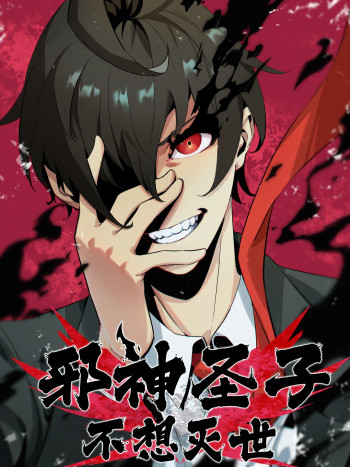
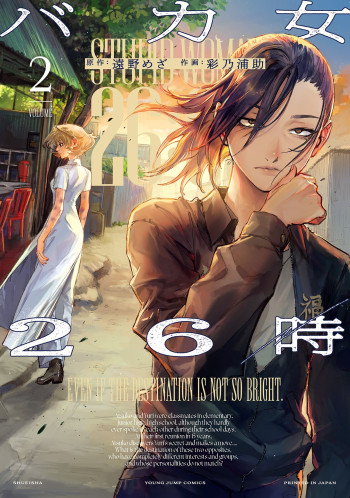
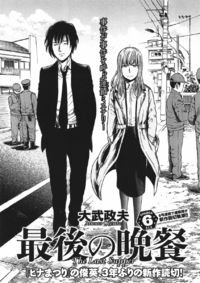
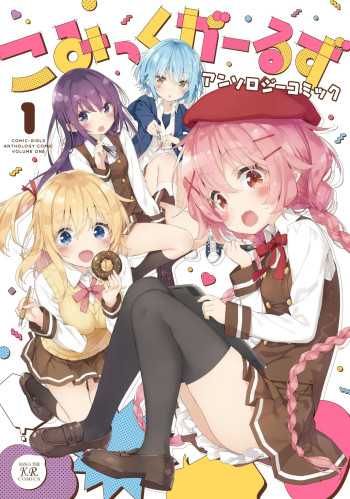
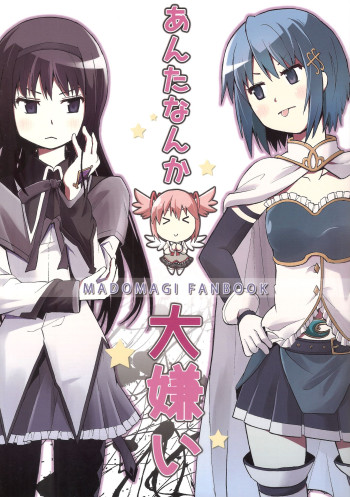
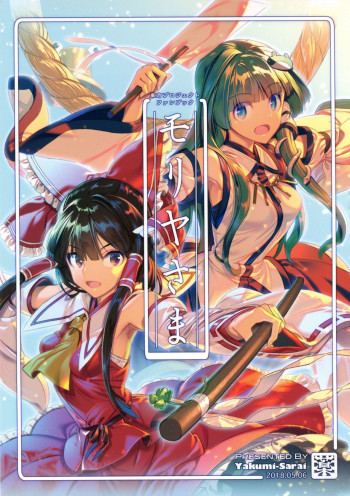











Reviews 0
Post a Reviews: